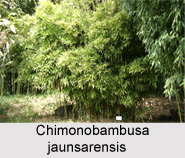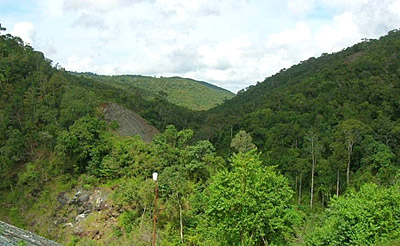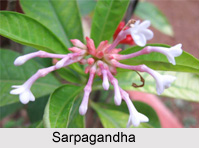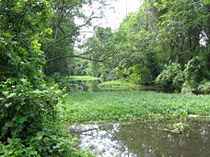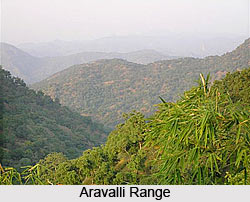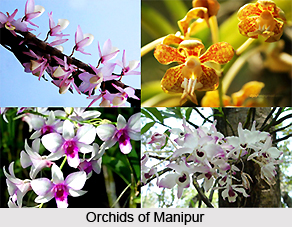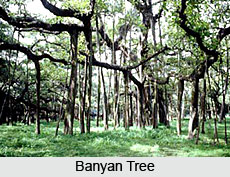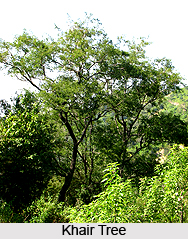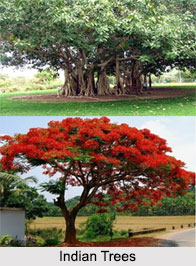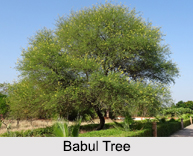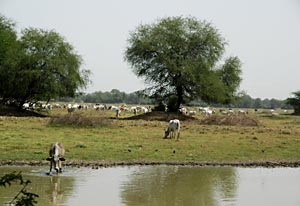 The state of Rajasthan in India is most famous for its rich history and cultural tradition and it is home to a vast variety of flora and fauna species, as well. There are different kinds of environmental regions found in this state including the deserts, the forests, etc. The Thar Desert is one of the most notable regions in the state. As Rajasthan provide a great variety of flora and fauna species, the state has a number of eco parks to preserve them, as well. The Rajasthan eco parks are spread throughout the state and are playing an important role in safeguarding the rich wildlife in the state.
The state of Rajasthan in India is most famous for its rich history and cultural tradition and it is home to a vast variety of flora and fauna species, as well. There are different kinds of environmental regions found in this state including the deserts, the forests, etc. The Thar Desert is one of the most notable regions in the state. As Rajasthan provide a great variety of flora and fauna species, the state has a number of eco parks to preserve them, as well. The Rajasthan eco parks are spread throughout the state and are playing an important role in safeguarding the rich wildlife in the state.
Among the large number of eco parks situated in Rajasthan, there are a few that have earned significant recognition and reputation all over the country. The most notable Rajasthan eco parks include the Bharatpur Bird Sanctuary, the Ranthambore Tiger Reserve, the Sariska Tiger Reserve, the Desert National Park, the Keoladeo Ghana National Park, etc. Apart from these, there are also several other eco parks that are working for the preservation of wildlife in Rajasthan. These eco parks include the Jai Samand Sanctuary, the Kumbhalgarh Sanctuary, the Tal Chhapar Sanctuary, the Mount Abu Sanctuary, etc. The Rajasthan eco parks are mainly situated in the major districts.
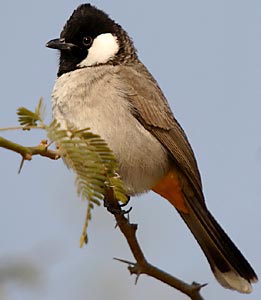 The Rajasthan eco parks were established mainly due to the efforts made by the naturalists and environmentalists of the state. They felt the need of preserving the wildlife and started taking initiatives to established eco parks several years ago. Later, the State Government of Rajasthan and the Government of India have also provided necessary assistance to these eco parks. The eco parks are being jointly run and managed by the private and government organisations, at present.
The Rajasthan eco parks were established mainly due to the efforts made by the naturalists and environmentalists of the state. They felt the need of preserving the wildlife and started taking initiatives to established eco parks several years ago. Later, the State Government of Rajasthan and the Government of India have also provided necessary assistance to these eco parks. The eco parks are being jointly run and managed by the private and government organisations, at present.
The Rajasthan eco parks provide habitat to a great variety of reptile species including the Snakes, Crocodiles, Turtles, Tortoise, etc. They also comprise a huge variety of plant species that have both medicinal and commercial values. Apart from these, the number of mammal species found in the Rajasthan eco parks is also quite rich and they include the endangered, critically endangered, threatened or endemic species. Some of the most important mammal species found in the parks includes the largest Indian deer, Sambar; the Spotted Deer or Chital, the Wild Boar, the Common Langur, Nilgai (Blue Bull), Chousingha (Four-horned Antelope), etc.
The Rajasthan eco parks provide natural habitat to about 500 bird species, including both the resident and migratory types. About 50 percent of the species are resident species and the rest are migratory birds. The migratory birds mostly come from Eastern Europe, Northern America and Africa. The number of bird species found in these eco parks is incredible and they are quite rich in varieties, as well. These bird species also include the endangered, critically endangered, threatened or endemic species.The notable resident bird species found in the Rajasthan eco parks include the Ducks, Cranes, Pelicans, Storks, Herons, Jacanas, Ibises, etc. Some of the other important bird species found in the parks include the Te Sarus, Grey Francolin, Indian Peafowl, Jungle Bush Quail, White-eared Bulbul, Kufous Treepie, Lesser Flameback, Lesser Florican, Blue-Tailed Bee-Eater, Sirkeer Malkoha, Alexandrine Parakeet, Oriental Turtle Dove, Yellow-footed Green Pigeon, Painted Sandgrouse, Southern Grey Shrike, Rufous-fronted Prinia, Marshall`s Lora, Large Grey Babbler, Purple Sunbird, Eurasian Thick-Knee, Yellow-Wattled Lapwing, etc.
The Rajasthan eco parks are also considered as some of the most popular tourist destinations in the state. The main reason behind this is their rich biodiversity. The nature lovers always love to come and visit these eco parks for enjoying the beauty of nature and also for spending a wonderful time on the lap of the nature. By this way, the Rajasthan eco parks are making important contributions to the tourism sector of the state.
